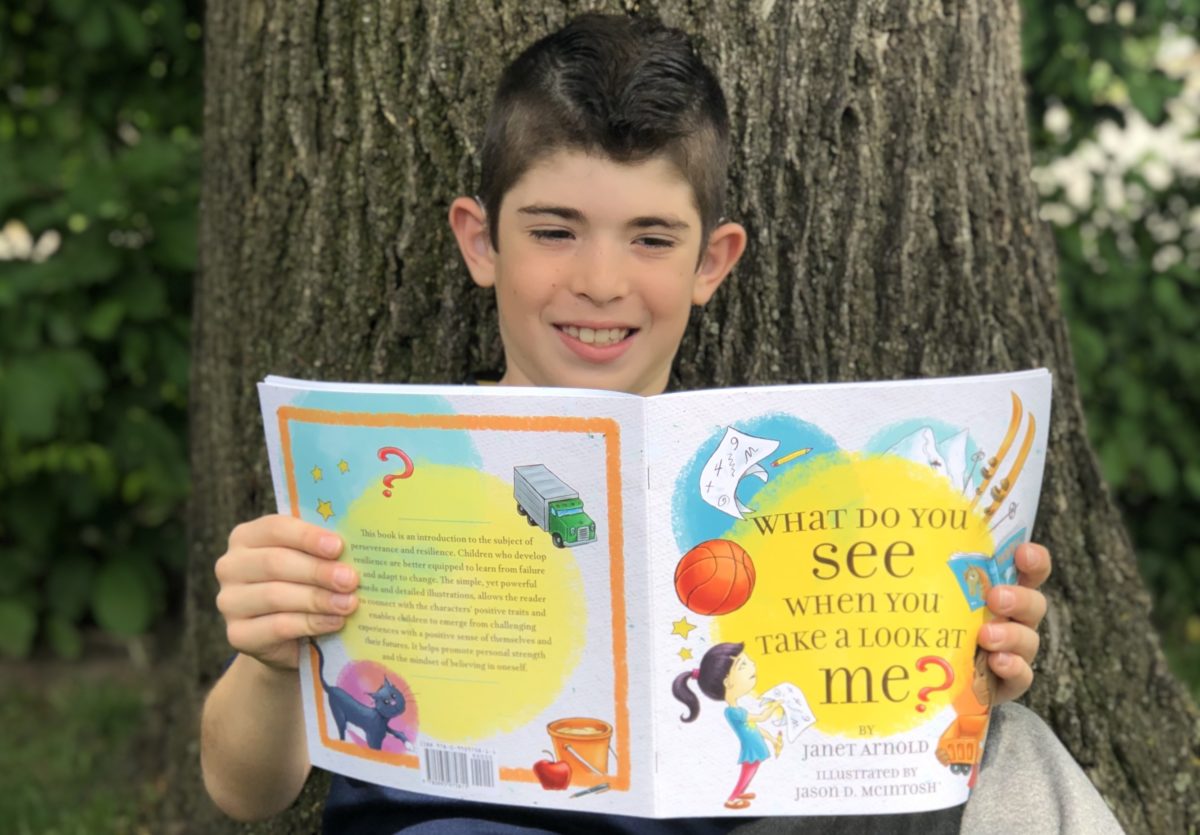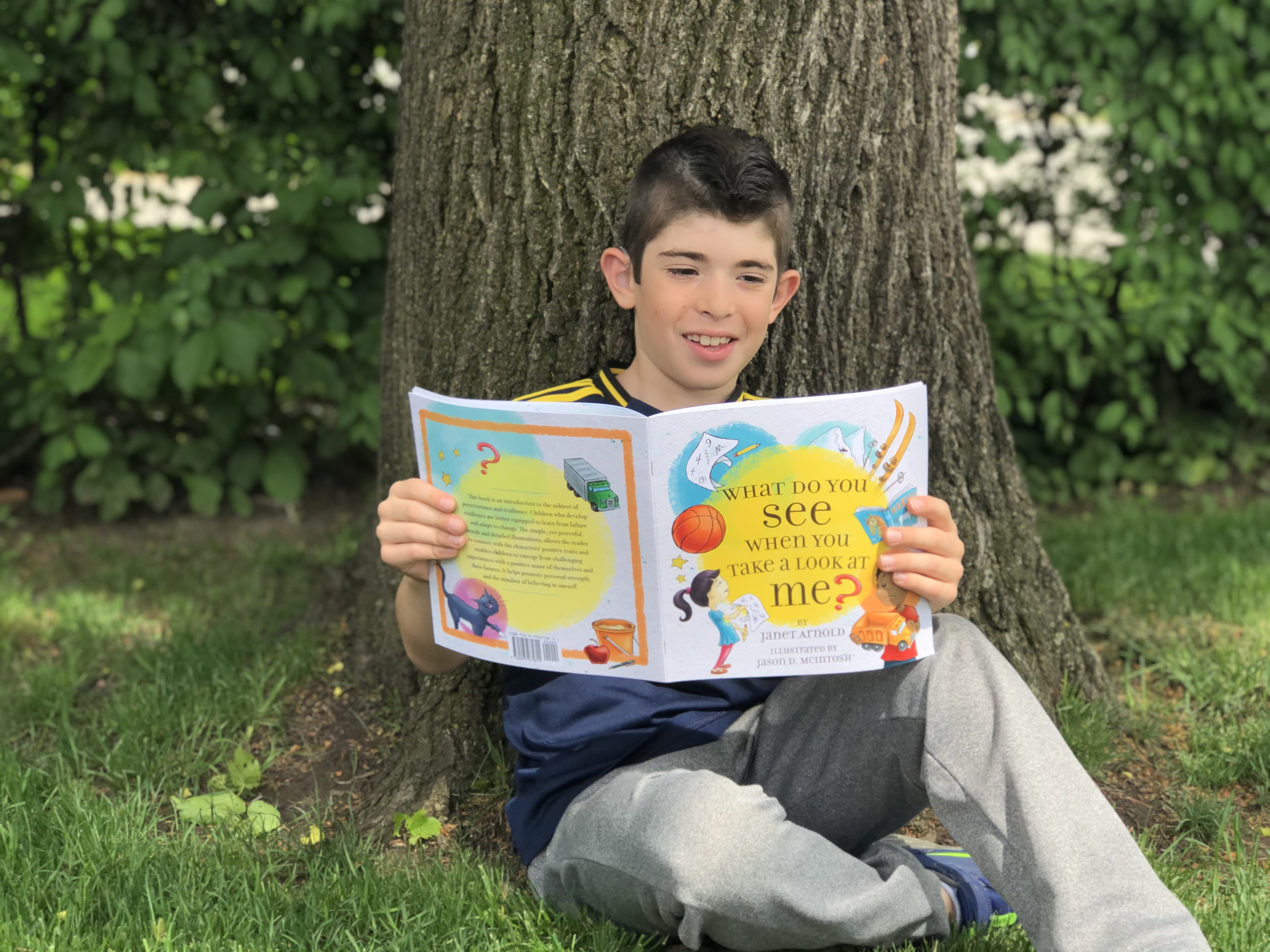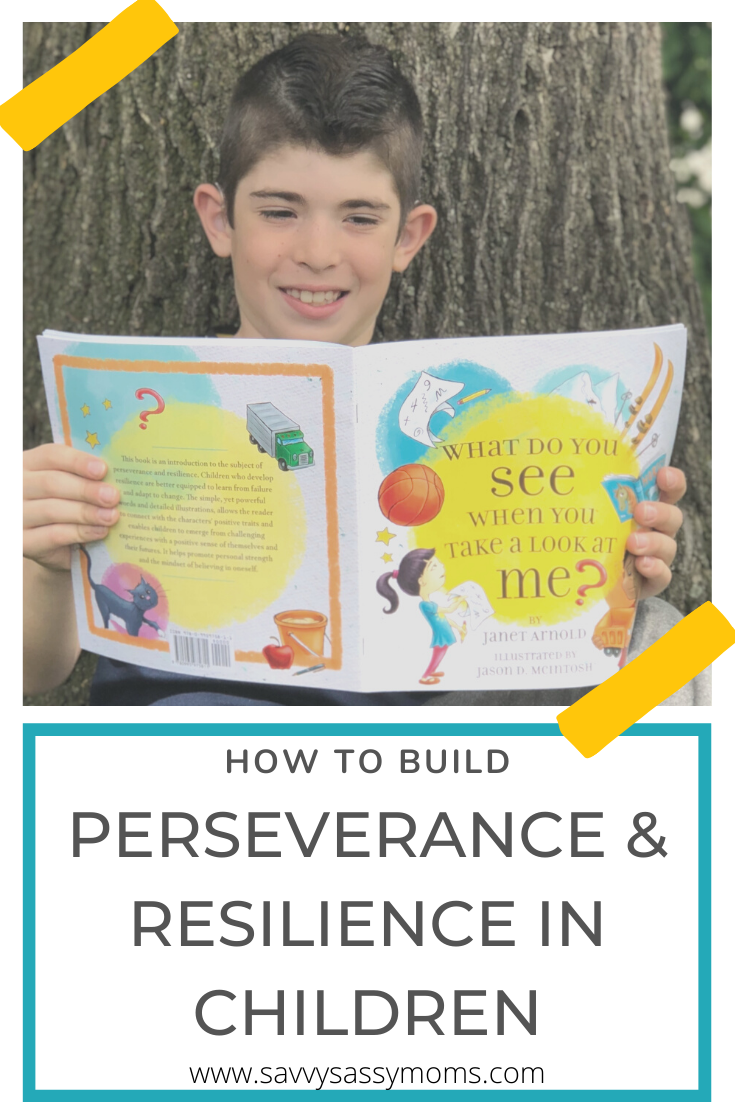As parents, we help guide our children through various challenges, some a little easier than others. Perhaps this is because we too endured similar situations when we were younger. Though we may have a desire to remove obstacles and negative situations in our kids’ lives, building perseverance and resilience are essential skills to foster in children.
What is perseverance?
Perseverance is one’s inner ability that helps us ignore or minimize obstacles and keep on going. You can help your children understand that perseverance means not giving up. If your child is completing a task and started to think it was hard, validate their feelings, remind them of their goal and help them visualize the end.
What is resilience?
Someone with good resilience is a person who can bounce back and adapt to the events in their life. When a child experiences a situation that is overwhelming, their stress levels rise, and their mental health maybe impacted.
Why are they important?
Research shows that children who develop resilience and persevere, are better equipped to learn from failure. They are also more likely to adapt to change. They aid in a child’s ability to challenge themselves, overcome obstacles, cope with stress more effectively and pave the way for learning. When children demonstrate these skills, they are less likely to develop behaviour problems, become anxious or depressed.
10 Ways to build perseverance and resilience
- Be a role model! Do not be afraid to try new things yourself, let your child see you struggle and discuss why you kept going
- Help your child understand their talents, strengths, and their areas of need. When a child understands his/her abilities, they can set realistic goals.
- Direct kids to focus on the solution, not the challenge. When a child is focused on the challenge, they see it is a problem, so they are more likely to give-up.
- Allow them to fail and discuss what they have learned from the experience.
- Praise their efforts as much as their accomplishments
- Teach kids about a growth mindset. Children who believe that their abilities can be developed tend to be more open to various experiences.
- Read books about characters who persevere and show resilience (Book: What do you see when you take a look at me? By Janet Arnold)
- Encourage your child to be independent. When a child succeeds at a task, it helps increase his/her self-esteem.
- Have discussions about what type of effort is required for achieving success. Kids need to know that it is okay that not everything comes easily.
- Build their motivation and momentum by helping them break tasks into small achievable goals. Staying motivated can be hard for kids and large tasks seem overwhelming. When children experience small victories, it helps keep their momentum going for when they face a bigger obstacle.
Though it may be difficult at times to see your child struggle, promoting their personal strength and mindset of believing in themselves will benefit them in the long run.
Resources to promote perseverance and resilience
Character Powers educational reading tool kit. Featuring a collection of 22 cards that tell the diverse stories of well-known people who have lived their lives exhibiting strength in character. (www.characterpowers.com)
#KIDKITS – Play-based activity kits, to develop various social, emotional, and behavioural skills at home. They are inclusive of all materials, as well as instructions for implementation/language and integration into daily life. (www.socialcircleonline.com)
Buckle Up: A Children’s Imaginary Journey about Self-Control Hardcover by Stephanie Scott
Looking for more books? Check out @kids.books.we.love on Instagram









